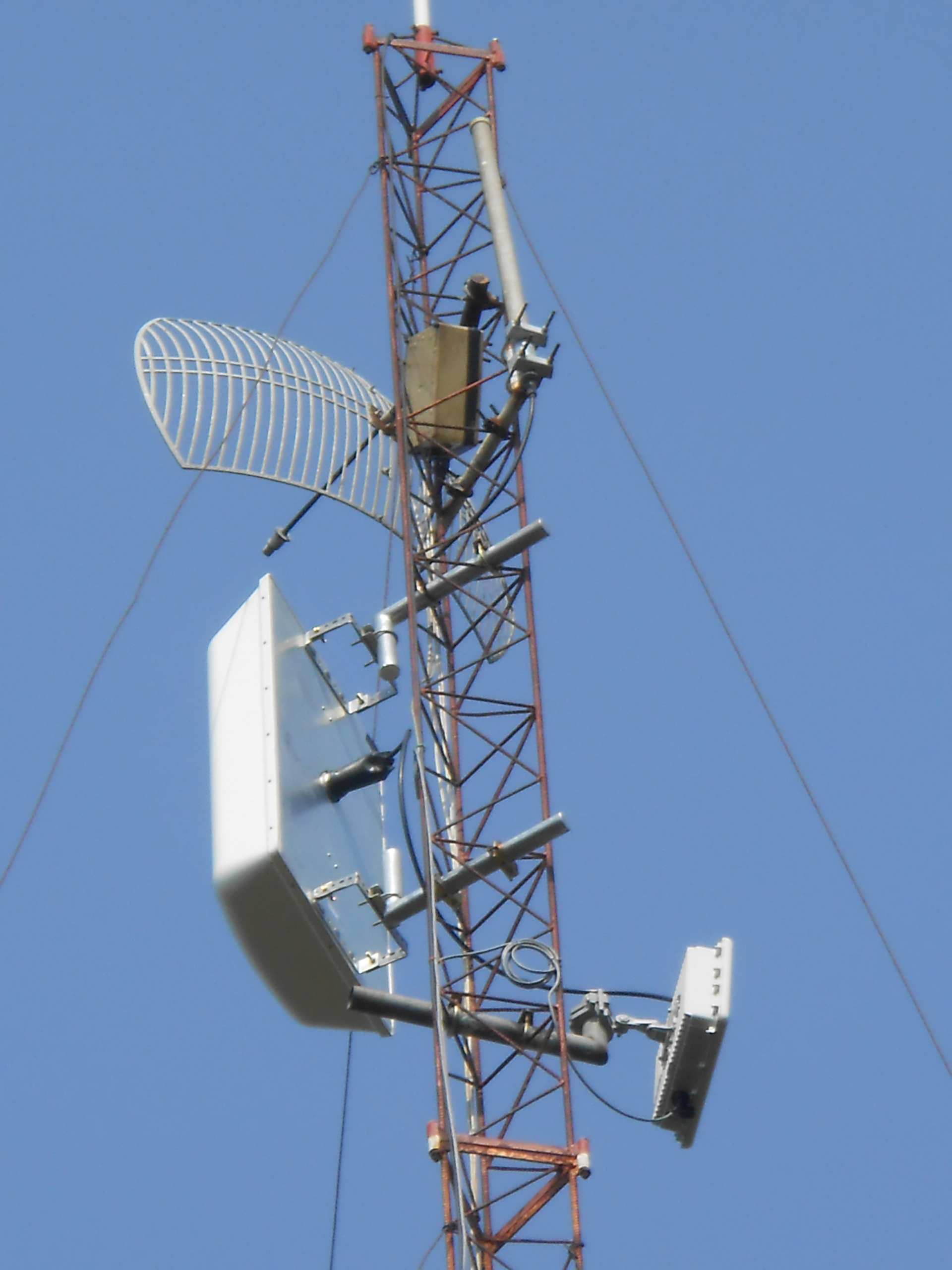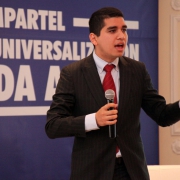Integra Completes TV White Space Pilot in Indonesia
In partnership with Microsoft, Hitachi, Jogja Medianet, and the Government of Indonesia, Integra recently concluded a year-long field trial of a new technology that has the potential to revolutionize broadband access in rural parts of the developing world. The pilot was implemented with funding from the US Agency for International Development, and NetHope, Inc. A short fact sheet about the TVWS pilot can be downloaded here. The full TVWS report can downloaded here.
TV White Space (TVWS) devices are billed as offering the ability to establish wireless broadband links over a range of up to 30km. They can do this because they use an advantageous section of the radio frequency spectrum that other types of radios cannot access. They broadcast over empty TV channels, or the even the buffer spaces between active TV channels, deploying a technology called “cognitive radio“.
By deploying working TVWS broadband links in rural Indonesia, the Integra pilot showed that the technology works when applied to a developing world context. In fact, one link is capable of providing a rural village with 130 always-on internet connections at broadband speeds.
However, the pilot did not limit itself to assessing the technological feasibility of the devices. It also showed that TVWS connectivity offers valuable social benefits to rural communities and that private Internet Service Providers (ISPs) can operate profitable rural TVWS links.
- The small business we provided with connectivity increased monthly revenues by 15% and invested in further production space.
- We partnered with a local, private ISP who operated the links and shared their cost and revenue information. In certain architectures, revenues were more than double costs.
Finally, we laid the groundwork for scaling up the use of TVWS devices. Because we aligned our pilot with the metrics and goals outlined in the 2014-2019 Indonesia Broadband, the possibility exists to work with licensed “Universal Service Operators.” These are private ISPs that have won, through competition, the rights to receive a government subsidy to provide internet connectivity to rural areas. Just eleven of these companies cover all of Indonesia, and one of them was our partner in the pilot. If the government approves the use of TVWS devices on a permanent basis and authorizes USO funds for their use, we could see a massive scaling up of this technology in a short number of years.
Integra and USAID are working with the Government of Indonesia on the regulatory framework necessary for such an approach. In fact, this month Indonesia will host representatives from the US Federal Communications Commission for a workshop on regulatory frameworks for TV White Space devices, and later this year, larger trial deployments are likely to get underway.










































